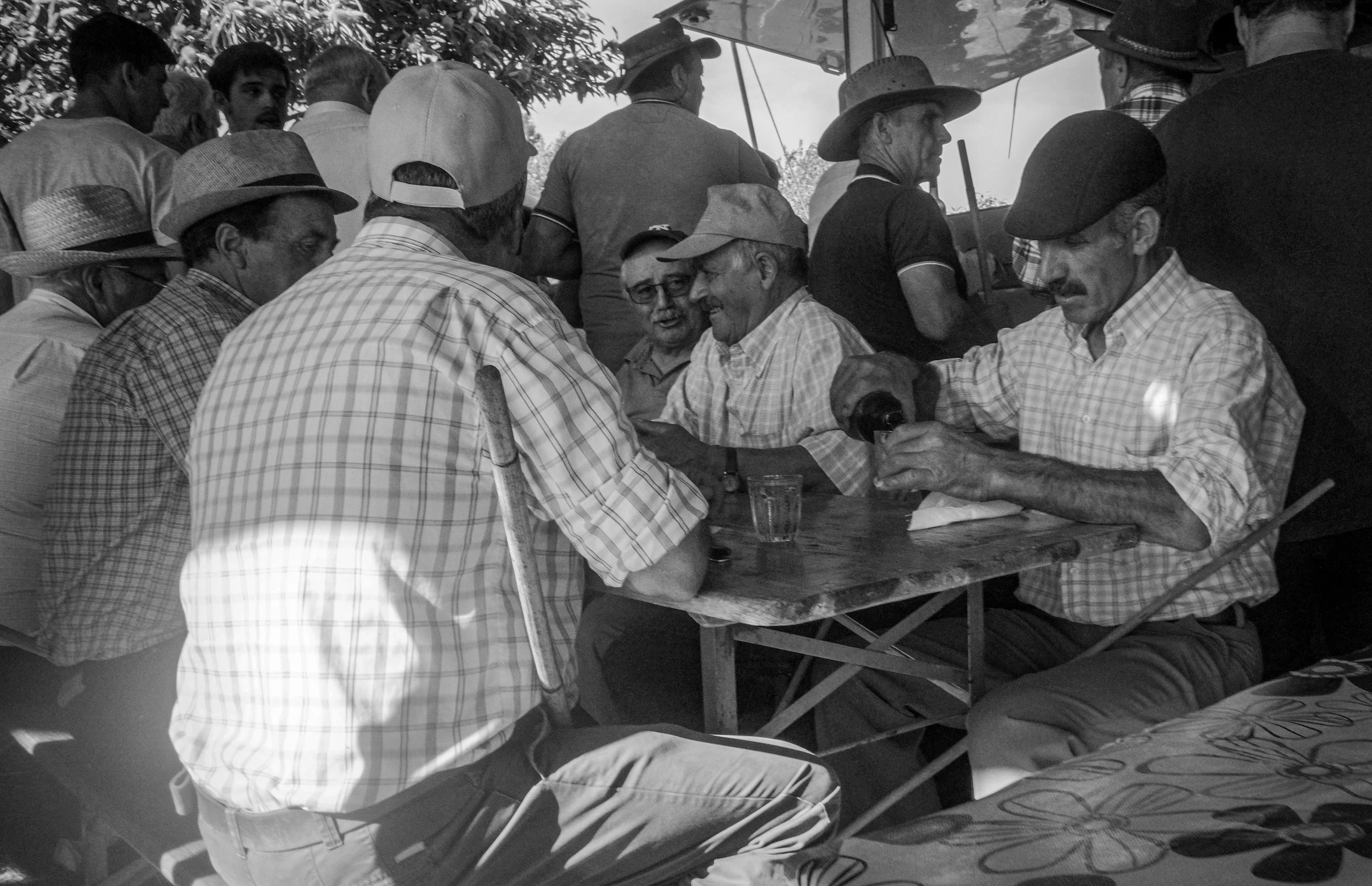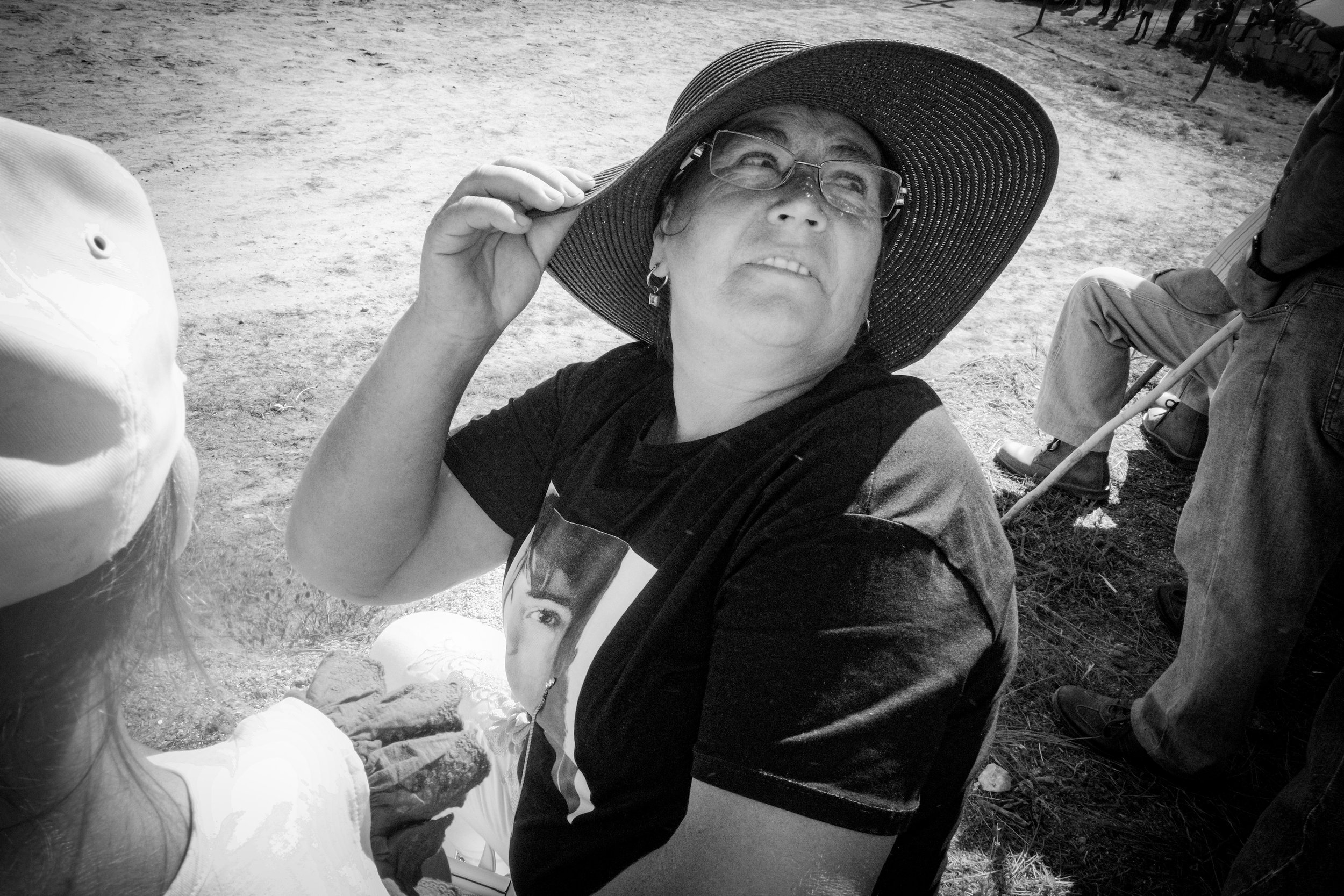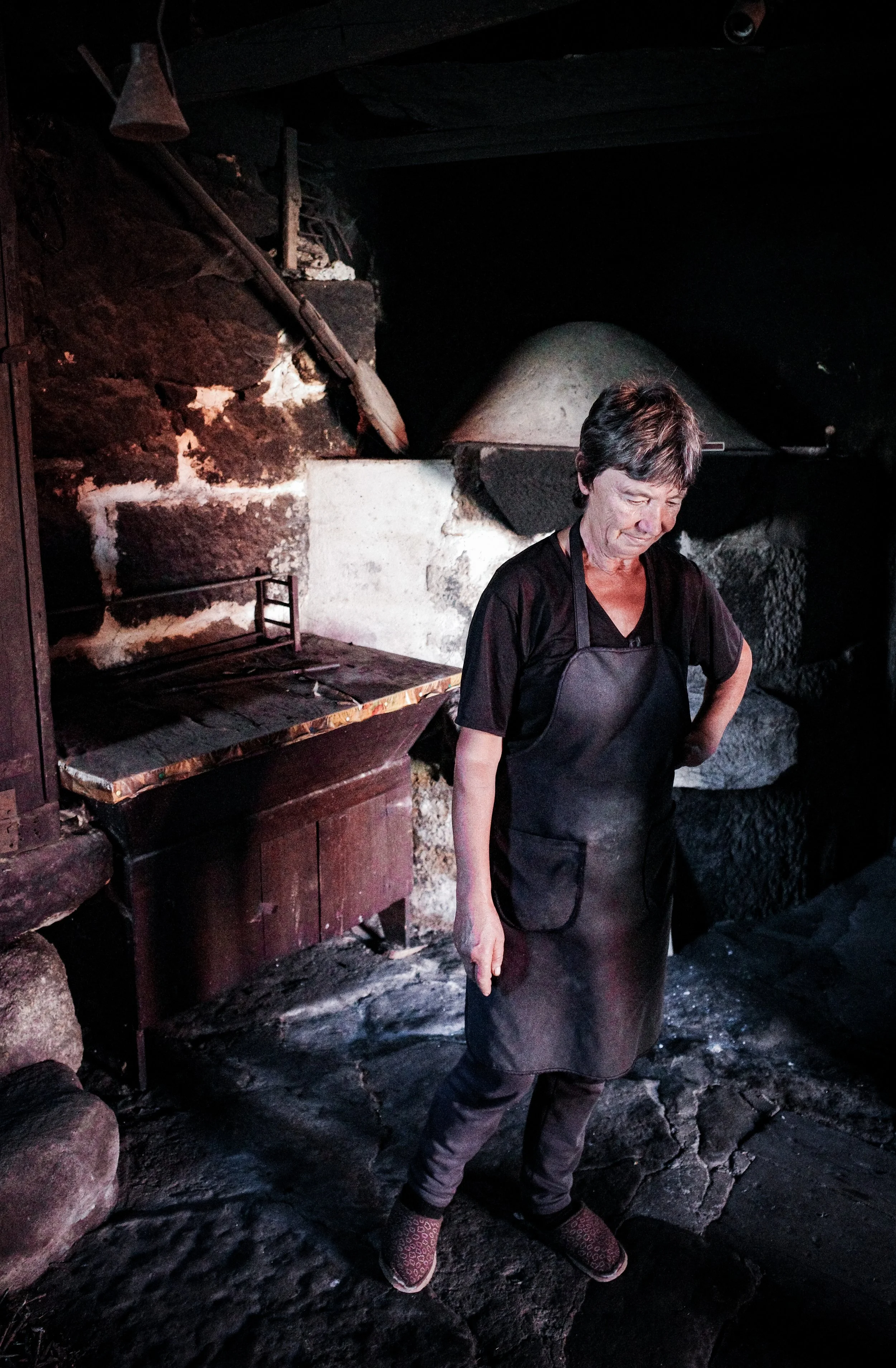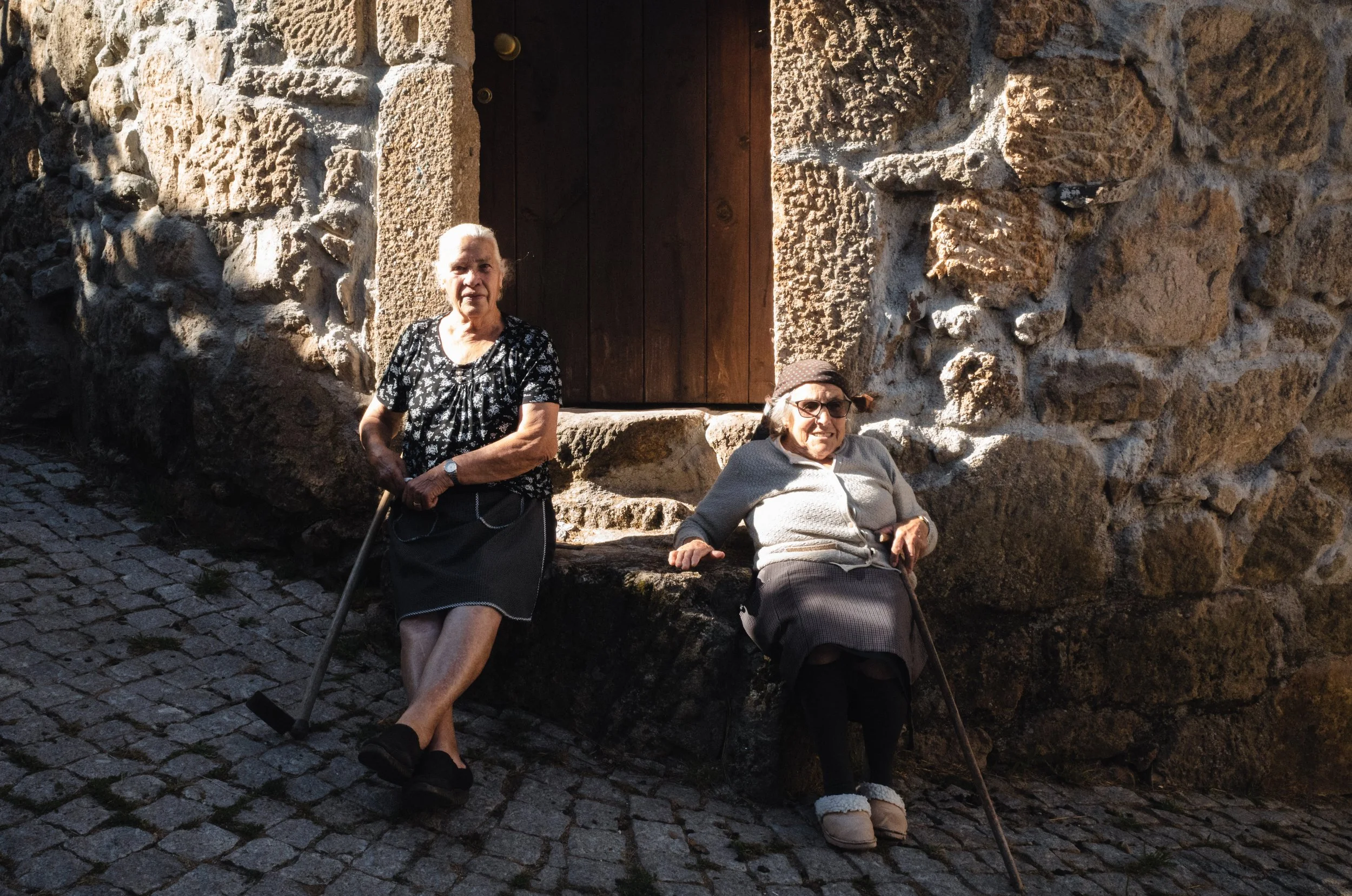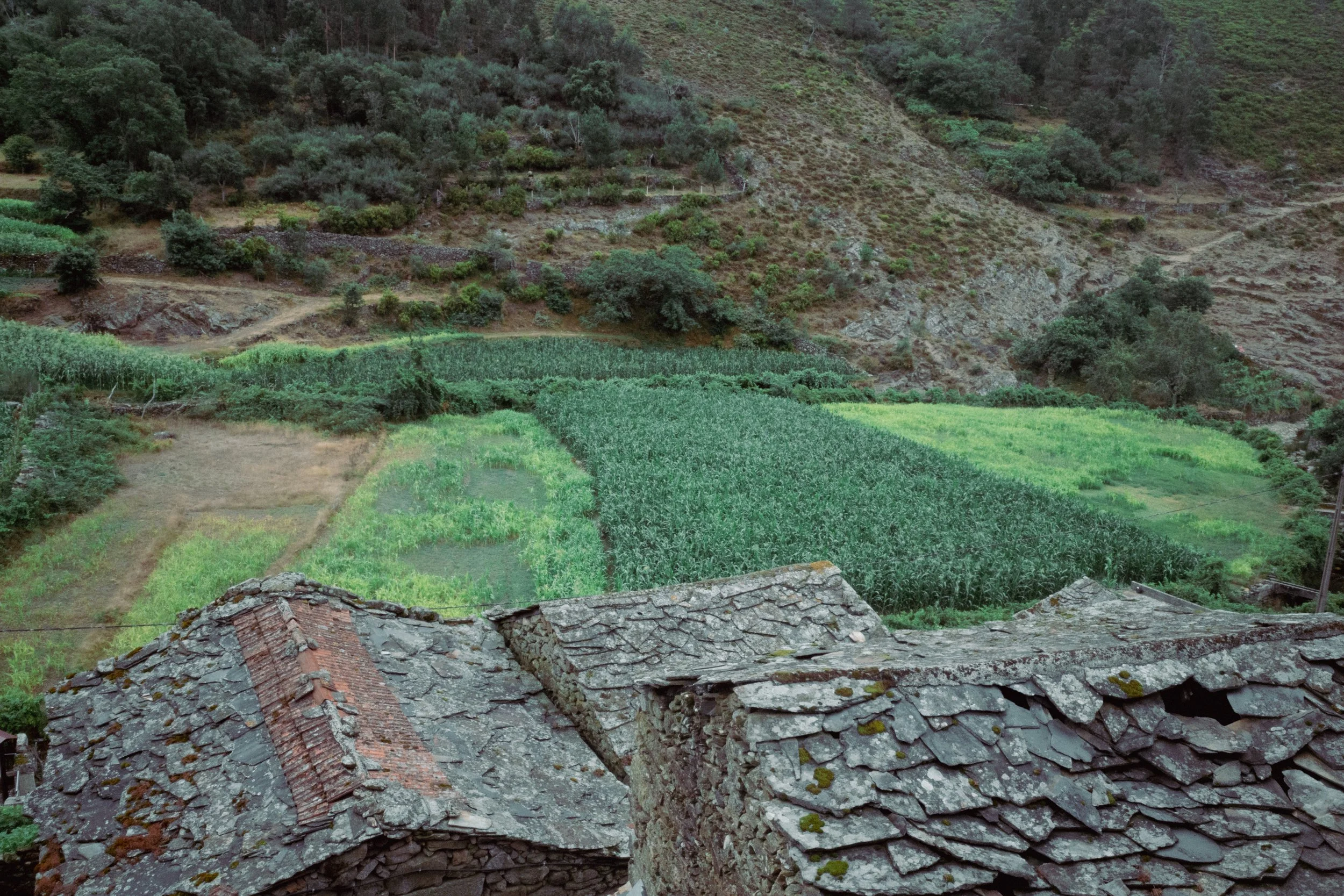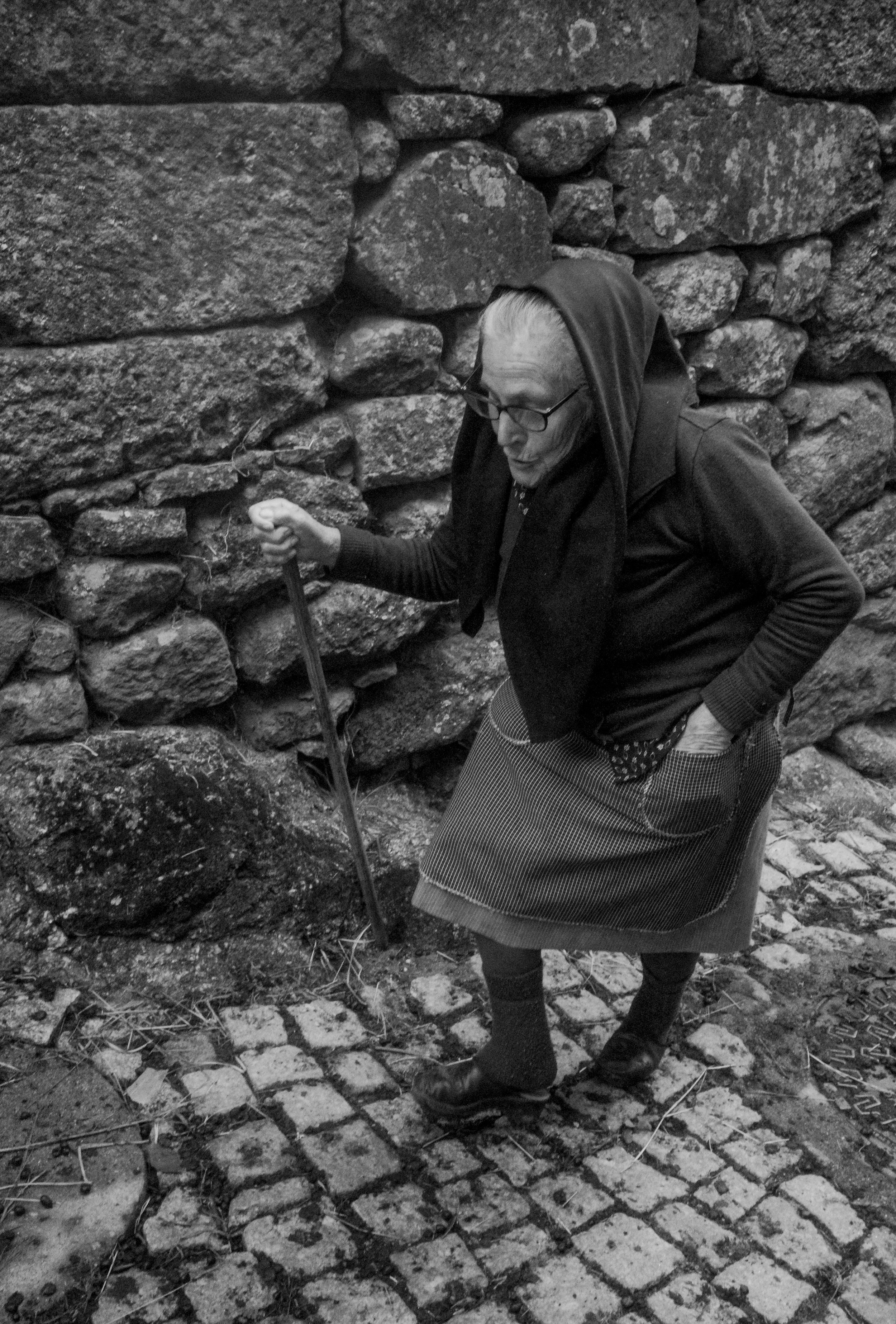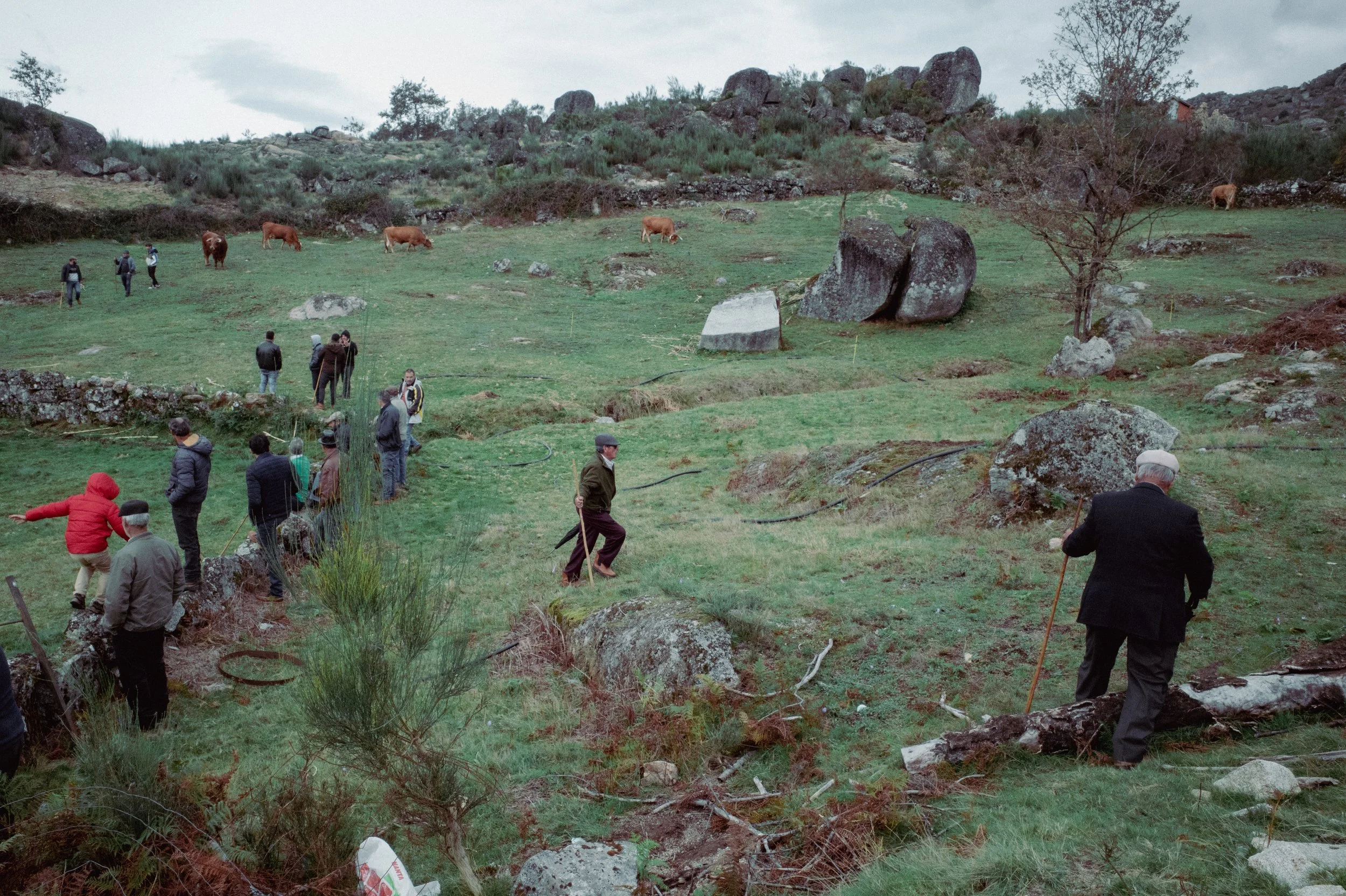This project is an exploration of my roots, of the villages in northern Portugal where my family originated, and of the choices that led them to leave their homeland in search of a better future.
In the 1970s, when my parents were young, they made the life-changing decision to move to Switzerland in search of a better future. Like many others at the time, they left their hometowns in northern Portugal with the hope of finding work and opportunities for a brighter future, both for themselves and for their future children.
When my brother and I were born, it became clear to my parents that Switzerland would be their home. The country, with its promise of security, better living standards, and new opportunities, had become a place where they could raise their family and build a new life. They had faced the initial challenges of settling in a foreign country, adapting to a new culture, and learning a new language.
For my parents, Switzerland was no longer just a place to seek a better life — it had become home. The decision to stay was certain, as they wanted to provide us with the opportunities they had worked so hard to achieve. The sacrifices they made, leaving behind their homeland, became the foundation of the life we grew up in.
My ancestors come from the rural villages of northern Portugal, a region where life is still simple and closely tied to the land. These villages, tucked away in the rolling hills and lush valleys of the northern provinces, are marked by their isolation and the hard, daily work of their inhabitants. For generations, my family has lived in small, often poor communities, where survival depended on farming, livestock, and the passing down of traditional knowledge.
In these remote areas, life has remained largely unchanged for centuries. The people of these villages have always known a life of hard work, with little luxury but an abundance of resilience. The fields, the rivers, and the ancient stone houses form the backdrop of my family's story, and it is here, in this modest setting, that my ancestors found strength in simplicity.
The traditions of these rural communities have shaped the values of my family — a deep connection to the land and a strong sense of community.. In these villages, the rhythms of life are dictated by the seasons: the planting and harvesting of crops, the tending of animals, and the quiet, steady pace of daily routines. Even in the face of hardship, there is a deep sense of togetherness, with everyone helping one another to survive and thrive.
My parents grew up in an environment where everything was earned through hard work and where the beauty of the natural world was the most prized possession. The values of hard work, family, and community have been passed down through generations, and they continue to shape who we are today.
The simple life of these villages in northern Portugal is a reminder of the strength and resilience of the people who lived there, and of the deep heritage that connects us to a time when life was both harder and more meaningful.
I often find myself imagining what my life would be like if my parents had never left those small, rural villages in northern Portugal. If they had stayed, I would have grown up in a place where life is simple, where the land is everything, and where community ties run deep. My childhood would have been marked by the rhythms of nature — the cycles of planting, harvesting, and the quiet routine of rural life.
I picture myself surrounded by the same stone houses and narrow streets where everyone knows each other, where family and neighbors come together to help one another, especially during harvest time or for the local festivals. My days would have been filled with the sounds of the village — the laughter of children playing outside, the distant call of a shepherd’s whistle, the hum of farm work. My life would have been deeply connected to the land, perhaps learning the skills of farming or tending to animals from a young age.
Education would have been different too. In these villages, schools are small. I imagine that I would have learned many life lessons not only from teachers but from the older generations, the ones who passed down knowledge of farming, cooking, and storytelling. Life would have been tough, and we would have had to work hard for everything — but that hard work would have given me a sense of purpose and pride.
Without the conveniences of modern life, my connection to nature would have been much stronger, and the beauty of the countryside would have been my playground. The landscape, from the green hills to the winding rivers, would have shaped my sense of self and my view of the world.
If my parents had stayed in the village, I might have built a life similar to theirs — one that values simplicity and strong ties to home and family. But at the same time, I would have had a different view of the world, shaped by a life closer to the earth, where survival is closely tied to the seasons and where every small victory is a shared one.
Google Maps: Castro Daire, Portugal
a short documentary of one of these villages in the north of portugal








